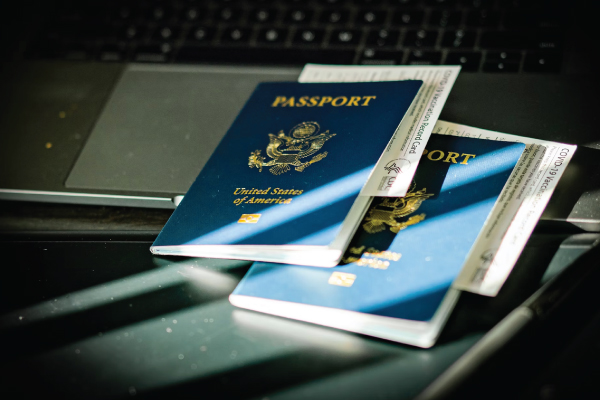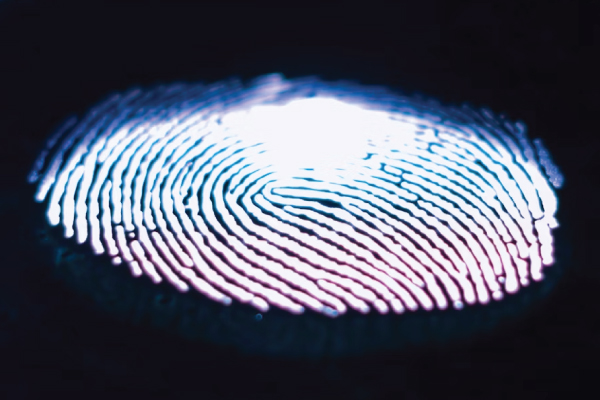See What's Trending In The Background Check Industry
The Evolution of Identity Verification: From the Physical to the Digital
 Identity verification has undergone a significant transformation as a cornerstone of security and trust in both personal and business interactions. From the reliance on physical documents to the innovative use of digital authentication, this evolution reflects our changing world and represents a significant leap in technological progress. This transformation has not only enhanced security and efficiency but also opened up new possibilities for remote verification and global connectivity. Let’s explore this journey, highlighting these advancements and how they have redefined identity verification.
Identity verification has undergone a significant transformation as a cornerstone of security and trust in both personal and business interactions. From the reliance on physical documents to the innovative use of digital authentication, this evolution reflects our changing world and represents a significant leap in technological progress. This transformation has not only enhanced security and efficiency but also opened up new possibilities for remote verification and global connectivity. Let’s explore this journey, highlighting these advancements and how they have redefined identity verification.
The Era of Physical Documents
Traditionally, identity verification was dependent on physical documents like passports, driver’s licenses, and birth certificates. This method, although straightforward, had its limitations. Physical documents could be easily lost, stolen, or forged. The process of verifying these documents was often time-consuming and required face-to-face interactions, which posed logistical challenges.
The Rise of Digital Solutions
The digital revolution brought about a significant shift in identity verification. With the rise of online transactions and digital interactions, the need for more efficient remote identity verification methods became clear. This led to the development of digital solutions that could verify identities quickly and securely without the need for physical documents.
 Biometric Authentication Solutions
Biometric Authentication Solutions
One of the most notable advancements in digital identity verification is biometric authentication. Utilizing unique biological characteristics, such as fingerprints, facial recognition, and iris scans, biometric authentication offers a level of security that is difficult to replicate or forge. This technology has been widely adopted in various sectors, including finance, healthcare, and border control.
Blockchain and Decentralized Systems
Blockchain technology has introduced a decentralized approach to identity verification. By storing personal information in a secure immutable ledger, blockchain ensures data integrity and provides a transparent verification process. This technology has the potential to eliminate the need for centralized databases, reducing the risk of data breaches.
Artificial Intelligence and Machine Learning
The integration of AI and machine learning has further enhanced digital identity verification. These technologies can analyze vast amounts of data, detect patterns, and identify anomalies that indicate fraudulent activities. AI-driven systems are becoming increasingly adept at recognizing forged documents and impersonation attempts, ensuring a higher level of security.
 The Role of ISB Global Services in Identity Verification
The Role of ISB Global Services in Identity Verification
ISB Global Services stands at the forefront of this ever-evolving landscape, providing advanced identity verification solutions. ISB offers a wide range of services, including digital document verification, biometric screening, facial recognition scanning, and AI-powered fraud detection. By embracing these technologies, along with other background check services, ISB helps businesses and organizations streamline their verification processes, enhance security, and improve the customer experience.
As we continue to embrace digital solutions, ISB plays a crucial role in navigating this landscape, ensuring that identity verification remains robust, reliable, and accessible in our increasingly digital world.



